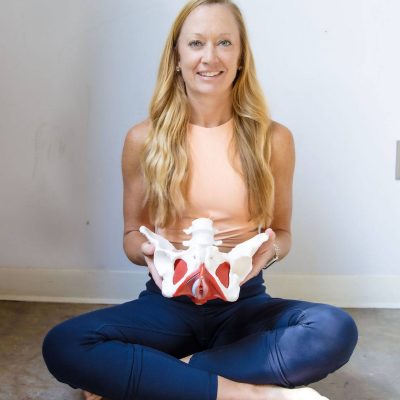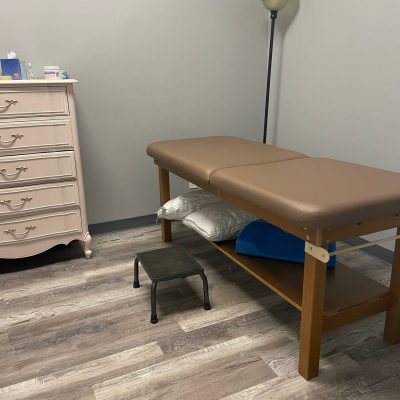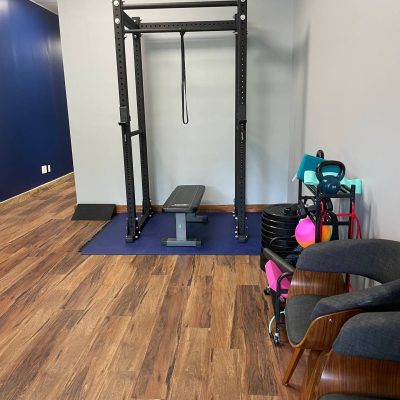Many people with Interstitial Cystitis (IC) find that diet changes and an elimination diet are great tools to manage IC’s frustrating ups and downs. Soon after starting an IC diet, most people find that certain foods are worse for their bladder than others. While the IC diet lists many foods to avoid, IC patients often find that some foods on the list they can enjoy without much harm to their bladder.
Dietary Differences
Why do we have these individual dietary differences? One answer may be that IC is a disease with many different subsets. Different subsets of IC patients may have different causative factors for their bladder symptoms and this leads to differing experiences with food. Factors in food sensitivity may be due to the presence of “Hunner’s Ulcers” and the number of years one has had the disease.
Another possible explanation for individual differences may be food intolerances or allergies. These food reactions may affect the bladder through the mechanism of bladder mast cells. In other words, the irritating food substances pass through a “leaky” intestinal lining and get into the blood stream, where they travel to a sensitive organ, and cause a painful reaction there. One could reasonably speculate that perhaps an IC bladder, already irritated and sensitized from other causes, may provide a target organ for this process in an allergic IC patient. Many IC patients also have something called irritable bowel syndrome (IBS), a gastrointestinal condition that has also been linked to mast cells and increased intestinal permeability. Data from several studies have suggested that allergic reactions to food antigens may be a factor for some IBS patients.
Finding the Offending Foods
Whatever the medical reasons for our dietary problems and differences, patients want as much control over bladder symptoms as possible. This can be done by pinpointing which foods provoke the bladder. Typical pin-prick allergy testing can reveal false positives and false negatives. What’s more, reliable tests for reactions to food additives (ie., monosodium glutamate or MSG) have yet to be developed. Known as RAST tests, ELISA tests, or cytotoxic tests, these blood tests for food allergies are now available through allergists. If you have food allergies, this kind of test can not only pinpoint foods your body reacts to immediately, but can also identify foods that cause delayed reactions. Reliability of these tests has increased over the years. Finding and eliminating food allergens may be helpful in controlling your particular bladder symptoms.
Food intolerances are not the same as food allergies. An intolerance is a general term that means you get negative symptoms when you eat a particular food. Intolerances are not the same as allergies. Your bladder may react to foods, but that reaction may not involve an allergic process.Doctors consider food allergy tests inappropriate or useless for diagnosing food intolerance problems that are not allergies. The tried-and-true and cheapest method for discovering if foods cause symptoms, remains the elimination diet. It will uncover which foods cause you trouble regardless of the underlying mechanism.
General Guidelines for Elimination Diets
Most elimination diets have two phases. In the first phase, foods are eliminated and symptoms will be reduced (if successful). In the second phase, foods are gradually reintroduced while watching for the appearance of symptoms. The whole process may take months to complete. Nutritional adequacy needs to be paid attention to during these manipulations to your diet. Throughout the time you are manipulating your diet, it is important to keep a symptom diary. Because many IC patients also have migraine headaches, irritable bowel syndrome, fibromyalgia, and other medical conditions, it is important to take note of the effect of diet on all symptoms.
There are several kinds of elimination diets, and each person must evaluate for themselves which one is best suited for their particular situation. It is also a good idea to check with your doctor or consult a registered dietitian before embarking on any long-term dietary modifications. This is especially true if you have other serious medical conditions besides IC.
There is some evidence that true food allergies can be “outgrown” by children and that adults who modify their diet may lose their reactivity over time. This is in contrast to evidence that some IC patients’ food sensitivities may get worse with time. The biggest thing to remember with the IC Diet and Elimination Diet is that all patients are different; patients need to figure out what works best for them for reducing IC symptoms. Diagnostic tools such as an elimination diet can help IC patients with sensitive bladders figure out which foods bother them and help those patients gain better control of their symptoms.
Do you need help managing your IC Symptoms? Pelvic Floor Physical Therapy can greatly help. Contact us for more information!
Magic City Physical Therapy
Hoover, AL







